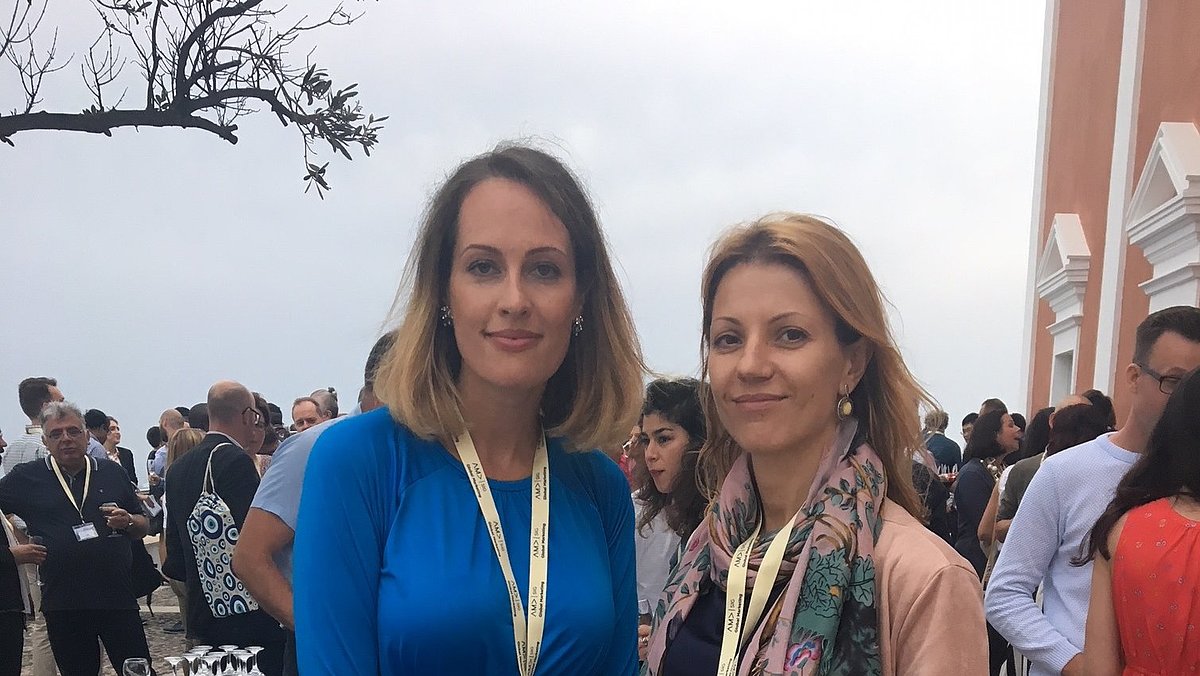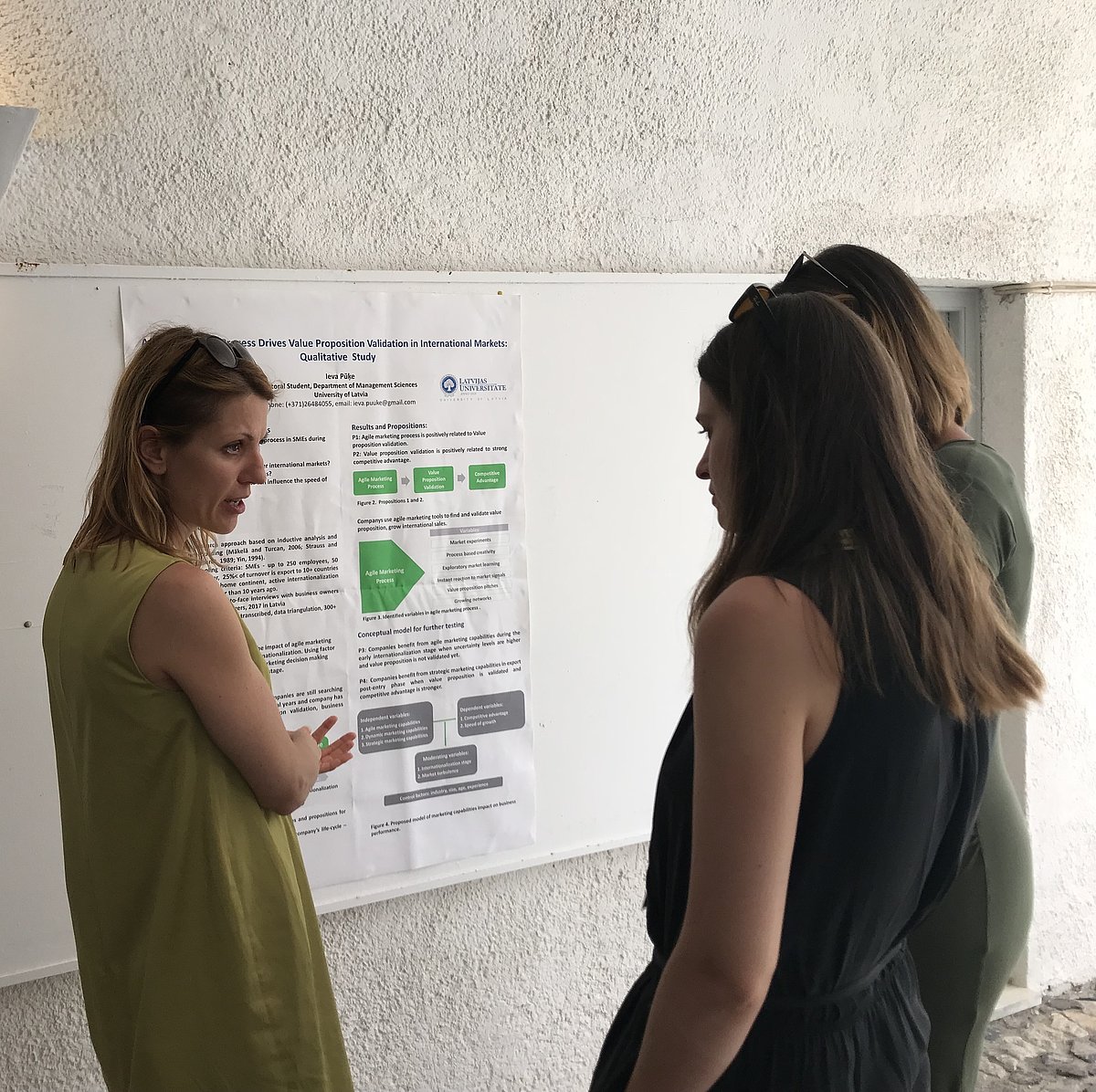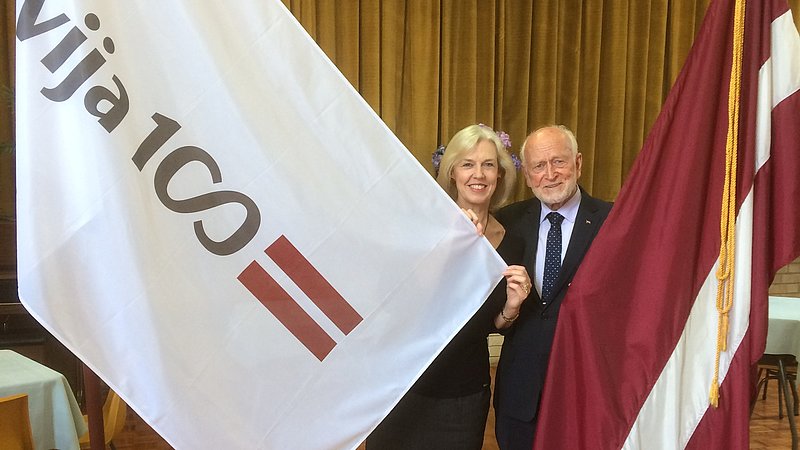
I. Pūķe has 10 years of work experience in marketing, allowing her to deeply understand the current issues in the field and associate them with her ongoing research.
The UL Foundation has awarded the author of the study with Timermanis scholarship for competitive research on social sciences, helping to expand the research to a wider and more qualitative scale. So far, three scholarships have been awarded, supported by the UL patron of Australian Latvian named Eigits Dāvis Timermanis. The aim of the scholarship is to support excellent young researchers who study topics relevant to the national economy.
The study of I. Pūķe is focused on how small and medium-sized businesses take the first steps in the market and make strategic marketing decisions. The study is interdisciplinary as it combines marketing and business theories, creating an innovative approach. Entrepreneurial theory is becoming more and more topical, as small and young companies are also able to expand and become successful. Nevertheless, large companies also tend to "borrow" methods to keep up with their development, and integrate the entrepreneurial mind-set in their environment. This is a promising research topic where both scientists and entrepreneurs will benefit during their cooperation.
I. Pūķe has concluded that after companies had actually started export they readjusted their marketing strategies to the peculiarities of the new market. Some of the surveyed companies implemented different positioning or branding, as the previously developed brand had not met the demand of the new market.
Following the principles of classical marketing, it is necessary to create one optimal strategy before entering the market, by exploring and planning everything beforehand. However, the study revealed that in reality such a scenario is rare, meaning that entrepreneurs are much more efficient in gaining knowledge of the market as they export a good but still not complete product portfolio, and try multiple different strategies instead of one long-term approach. The feedback of the market is very important in this process, as this is the only opportunity for the product to be adapted to the market.
I. Pūķe feels grateful that thanks to the Timermanis Scholarship administered by the UL Foundation, she has attended the Global Marketing Conference of the American Marketing Association in Greece. After the conference I. Pūķe concluded that high-quality academic journals require fresh ideas in combination with a strong theoretical and methodological background.
Within the framework of the study the author is determined to raise the awareness about the most effective marketing strategies among potential exporters who are entering the international market for the first time. The academic innovation during the study will be the adaptation of marketing processes to aspects of business theory, especially to the exporters' environment.

 Academic Centre
Academic Centre
